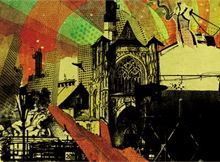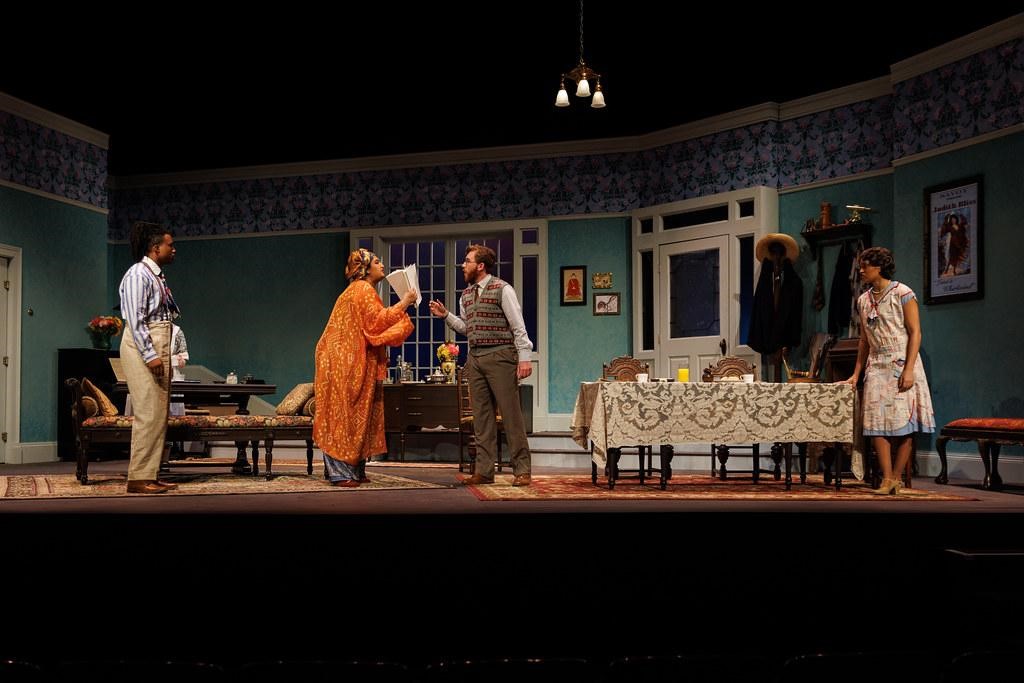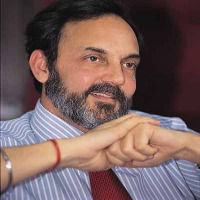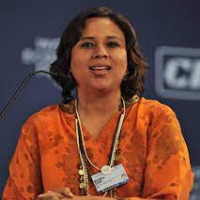- Students/Parents
-

-
Career Discovery Programs

Psychometric Assessments Tests
Gauge your personality, interest & aptitude
- Profile Building Programs
- College Application Guidance
-
Free Research Tools

Importance of Subjects in Career Choices
what you study today defines what you can do tommorow

Evaluate Ideal Score Needed for Colleges
where do you want to be?


Promap, a Step Towards Your Dream Education!


Interested In Liberal Arts? Build The Right Profile
Study in Canada’s Capital City – Carleton University

Real Life Learnings To Select the Right Country For Your College

Study Computer Science in Canada’s Capital City – Carleton University

Careers In Fintech

-
Career Discovery Programs
-
- Schools
-


Career Guidance Demo Intro


Promap, a Step Towards Your Dream Education!


Career Guidance Demo Intro


Profile Building Product Demo
Study in Canada’s Capital City – Carleton University

Real Life Learnings To Select the Right Country For Your College

Study Computer Science in Canada’s Capital City – Carleton University

Careers In Fintech

-
- Universities
-


Career Guidance Demo Intro


Profile Building Product Demo
Study in Canada’s Capital City – Carleton University

Real Life Learnings To Select the Right Country For Your College

Study Computer Science in Canada’s Capital City – Carleton University

Careers In Fintech

-
- Counsellors
-


The Learning Styles Assessment: A Deep Dive


AI and Design Thinking


How to become a Certified Global Career Counsellor in 50 Hour


Women’s Month celebrations: In-Conversation Series


Women’s Month celebrations: In-Conversation Series


How Counsellors should help students after the CBSE news


Is Career Counselling Meant for You?


Transforming Careers - Journey of becoming a Career Counsellor
Study in Canada’s Capital City – Carleton University

Real Life Learnings To Select the Right Country For Your College

Study Computer Science in Canada’s Capital City – Carleton University

Careers In Fintech

-
- Resources
-
-
Student

Importance of Subjects in Career Choices
Become Self Aware, Have A Vision, Make The Right Choices

Evaluate Ideal Score Needed For Colleges
The first and biggest step in a student’s journey
- Parent
-
Schools

Calculate the value of your Alumni
Become Self Aware, Have A Vision
- University
-
Counsellor

Check Your Eligibility to be a Counsellor
Become Self Aware, Have A Vision
- About Us
- Contact Us


Career Guidance Demo Intro


Promap, a Step Towards Your Dream Education!


Career Guidance Demo Intro


Promap, a Step Towards Your Dream Education!
Study in Canada’s Capital City – Carleton University

Real Life Learnings To Select the Right Country For Your College

Study Computer Science in Canada’s Capital City – Carleton University

Careers In Fintech

-
Student
-






















































